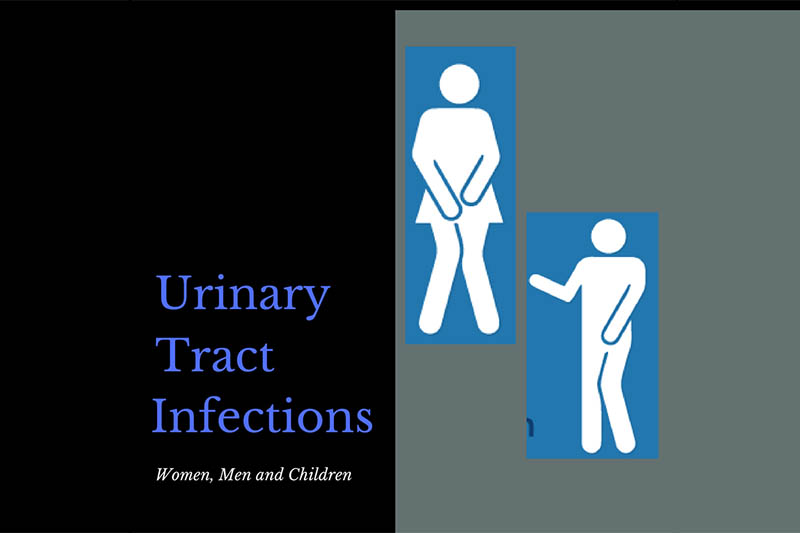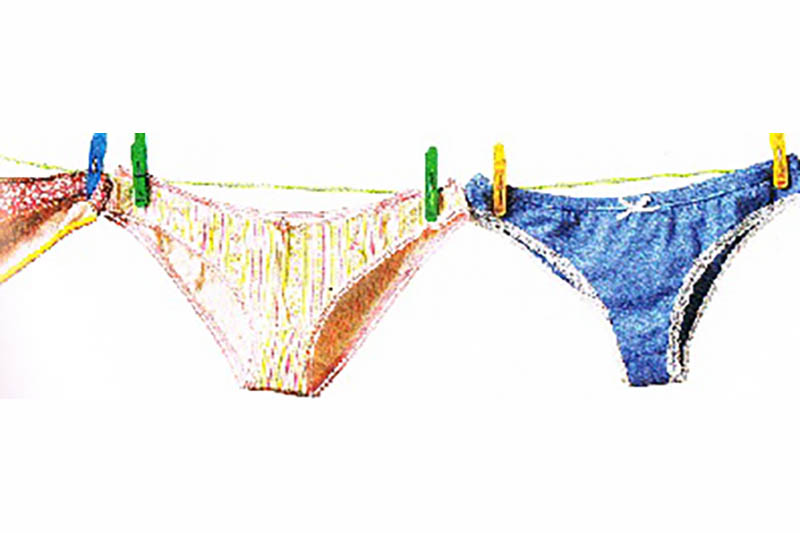
What are UTI’s? Urinary Tract Infections
Do you… Frequently or urgently need to urinate Often only pass small amounts of urine Have Pain or burning sensation when urinating These can be symptoms of urinary tract infections. There
Varying from an irritating minor annoyance to a more serious long-term problem, urinary-tract and vaginal infections are among the most common ailments affecting women. There is plenty you can do to compliment any treatment prescribed by your doctor, ensure a rapid recovery and prevent a recurrence.


Do you… Frequently or urgently need to urinate Often only pass small amounts of urine Have Pain or burning sensation when urinating These can be symptoms of urinary tract infections. There
Disclaimer – Our intent is not to diagnosis but to offer information on therapy choices and practitioners. Information on this site is intended general educational purposes only. Any statements made are carefully referenced and any information, products or services discussed are not intended to diagnose, cure, treat or prevent any disease or illness. Please consult a healthcare practitioner before making a choice.